Eating eggs is more than just a tasty way to kick-start your day—it’s a nutritional powerhouse that offers a myriad of health benefits. In today’s wellness-focused world, many are turning to nutrient-dense foods that promise not only to satiate hunger but also to support long-term health goals. One such food that continues to earn praise from nutrition experts and dietitians alike is the humble egg. In this blog post, we’ll explore 7 powerful ways that eating 2 eggs a day can enhance your body’s health. We’ll dive into the science behind key nutrients such as choline, lutein, and vitamin D, and discuss how these components work synergistically to improve brain function, preserve eyesight, strengthen bones, promote heart health, support weight loss, reduce cancer risk, and even assist in reproductive health.
Benefits of Eating Eggs Daily
Boost Brain Health with Choline-Rich Eggs: Protecting Cognitive Function
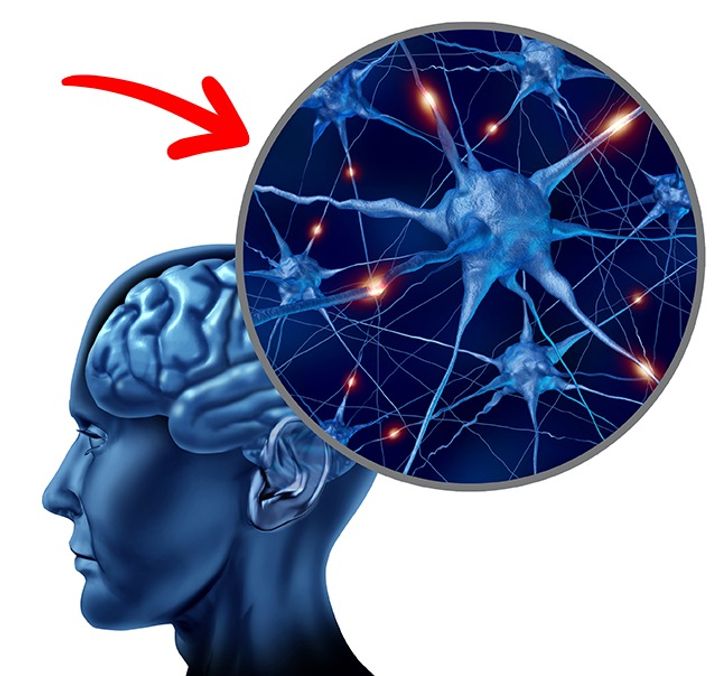
Eggs are one of the best natural sources of choline, an essential nutrient that plays a crucial role in brain health and cognitive function. Choline is necessary for the synthesis of acetylcholine, a neurotransmitter involved in memory and muscle control. Consuming 2 eggs a day ensures that your brain receives a steady supply of choline, which can help support mental clarity and protect against age-related cognitive decline.
Studies have shown that adequate choline intake is associated with better memory performance and overall brain health. This nutrient is especially important during early development and in older adults who may experience diminishing cognitive capacities. By integrating eggs into your daily diet, you’re not only treating yourself to a delicious meal but also investing in a sharper, healthier brain.
For more detailed insights on choline and brain health, you can read articles on Healthline and Mayo Clinic.
Enhance Your Vision: How Lutein in Eggs Protects Your Eyesight
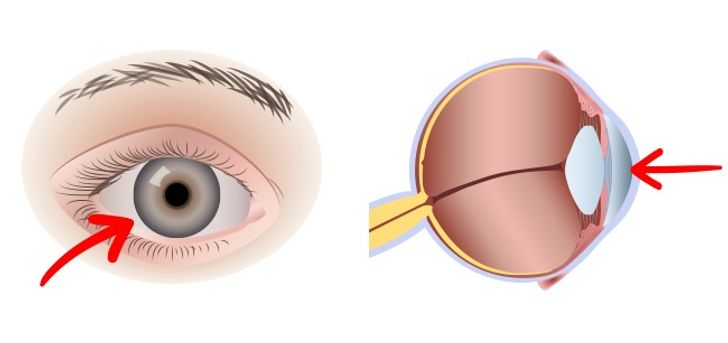
Another remarkable benefit of consuming eggs is the presence of lutein—a potent antioxidant that is essential for eye health. Lutein is known to filter harmful high-energy blue wavelengths of light and helps protect the delicate tissues in the eyes from oxidative damage. As we age, the risk of developing age-related macular degeneration (AMD) increases, but lutein’s antioxidant properties may help delay or even reduce the progression of this common eye disorder.
Egg yolks are one of the most bioavailable sources of lutein, meaning that your body can absorb and utilize this nutrient more efficiently compared to other sources. Incorporating 2 eggs a day into your diet can play an important role in maintaining optimal vision and reducing the risk of vision loss over time.
For further reading on the benefits of lutein for eye health, check out information available at Harvard Health Publishing and American Optometric Association.
Optimize Bone Health: The Role of Vitamin D and Calcium Absorption
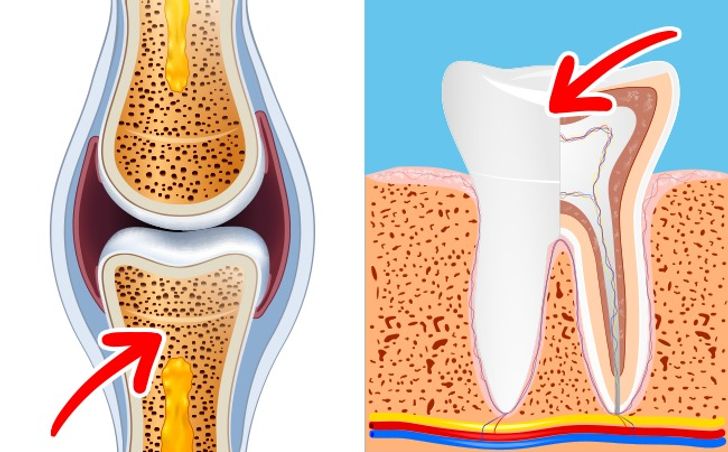
Vitamin D is crucial for the absorption of calcium, which is necessary for building and maintaining strong bones. Eggs, particularly those produced by hens exposed to natural sunlight, contain a modest amount of vitamin D. While eggs alone might not provide all the vitamin D you need, they can be a valuable part of a balanced diet when combined with other sources of this nutrient.
Eating 2 eggs a day can help ensure that you’re getting more than just protein and essential fats; it can also contribute to better bone health and overall skeletal strength. Vitamin D helps regulate calcium levels in the blood, facilitating the deposition of calcium in bones, which is essential for preventing conditions like osteoporosis. Moreover, strong bones are fundamental for an active lifestyle, especially as you age.
For additional information about vitamin D and bone health, visit NIH Office of Dietary Supplements and Mayo Clinic.
Improve Heart Health: How Eating Eggs Lowers Cardiovascular Risks
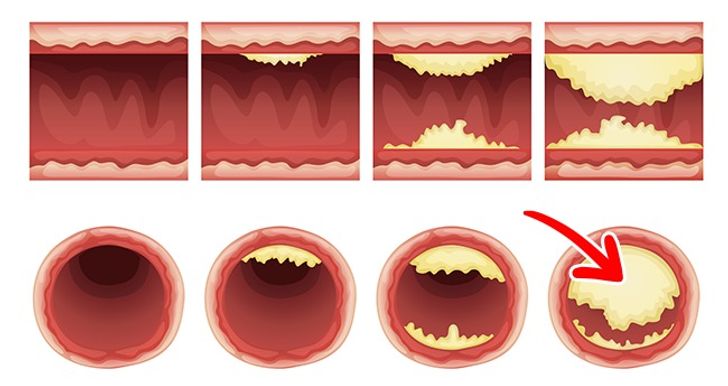
The relationship between egg consumption and heart health has been extensively studied, and recent research suggests that moderate egg intake can actually be beneficial for cardiovascular health. Eggs are rich in high-quality protein and healthy fats, including omega-3 fatty acids, which are known to support heart health by reducing inflammation and improving lipid profiles.
Regular consumption of eggs has been associated with lower levels of LDL (bad) cholesterol and increased levels of HDL (good) cholesterol. In addition, the antioxidants found in eggs, such as lutein and zeaxanthin, can help reduce the risk of developing cardiovascular diseases by protecting against oxidative stress. Including 2 eggs a day in your diet can be a strategic move to safeguard your heart and maintain healthy blood vessels.
For more comprehensive details on how eggs impact heart health, check out research summaries on The American Heart Association and Healthline.
Accelerate Weight Loss: High-Protein Eggs for a Leaner You
For those looking to shed a few extra pounds, eggs offer a satisfying, protein-rich option that can help accelerate weight loss. The high-quality protein in eggs not only helps build and repair muscle but also promotes satiety, reducing overall calorie intake throughout the day. Studies have demonstrated that a protein-rich breakfast, such as one including 2 eggs, can lead to decreased hunger and lower calorie consumption later in the day.
Eggs are also low in carbohydrates, making them an excellent choice for those following low-carb or ketogenic diets. By maintaining stable blood sugar levels, eggs help to prevent sudden spikes and crashes in energy that can lead to unhealthy snacking. The combination of protein and healthy fats found in eggs makes them a potent ally for anyone serious about losing weight and keeping it off.
To learn more about how a high-protein diet can support your weight loss goals, visit WebMD and Healthline.
Cancer Prevention: How Nutrients in Eggs Contribute to Reduced Risk
While no single food can guarantee cancer prevention, eggs are packed with antioxidants and essential nutrients that may contribute to a lower risk of certain cancers. Nutrients such as selenium, vitamin A, and various antioxidants play a role in neutralizing harmful free radicals in the body, which can otherwise lead to cell damage and cancerous growths.
Eggs provide a balanced mix of proteins, vitamins, and minerals that support overall cellular health. The antioxidants in eggs help combat oxidative stress—a key factor in the development of cancer. Moreover, the presence of choline has been linked to reduced inflammation and improved cellular repair processes, which may further contribute to cancer prevention efforts. While more research is needed in this area, the inclusion of 2 eggs a day in your balanced diet can be part of a comprehensive strategy to reduce cancer risk.
For additional perspectives on nutrition and cancer prevention, explore resources from the American Institute for Cancer Research and National Cancer Institute.
Boost Fertility and Family Health: Eggs and Reproductive Benefits
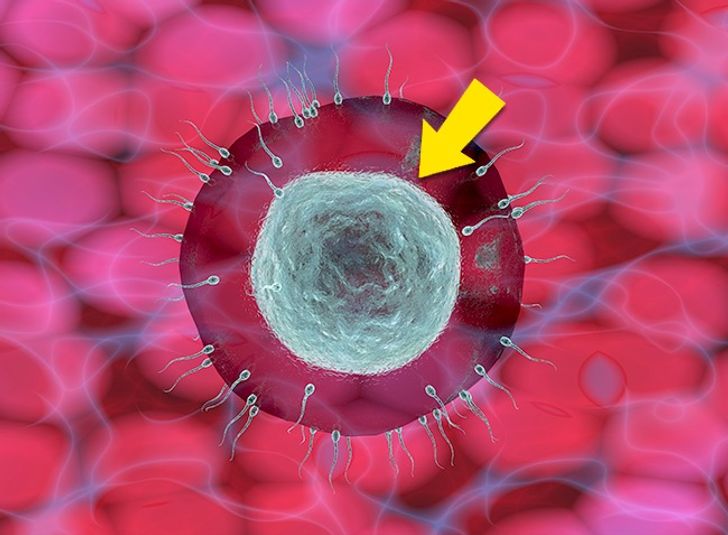
Eggs are not only a boon for overall health but also play an important role in reproductive health and fertility. The nutrients found in eggs, such as folate and choline, are essential for cell division and the healthy development of the fetus during pregnancy. Women planning to conceive or those already pregnant can benefit from the nutritional boost provided by eggs.
Folate, a B vitamin present in eggs, is crucial for preventing neural tube defects in developing babies. Additionally, the balanced protein and healthy fats in eggs contribute to hormonal balance, which is important for fertility in both men and women. By integrating 2 eggs a day into your diet, you’re supplying your body with the essential nutrients needed for reproductive health and supporting your journey toward building a healthy family.
For more on the connection between diet and fertility, review information available at Resolve: The National Infertility Association and Harvard T.H. Chan School of Public Health.
How Incorporating Eggs into Your Diet Can Transform Your Health
The benefits of eating eggs extend far beyond their convenience and taste. When you include 2 eggs a day in your diet, you’re not only indulging in a nutritious meal but also reaping benefits that can transform your overall health. From protecting brain function and preserving vision to supporting heart health and promoting weight loss, eggs are a versatile addition to any diet. Moreover, their role in cancer prevention and fertility enhancement makes them a vital component of a holistic, balanced lifestyle.
In today’s digital age, where health and wellness are at the forefront of everyday conversations, foods that are both nutrient-dense and accessible are more valuable than ever. With rising interest in clean eating and natural sources of high-quality protein, eggs have secured their place as a staple food item for individuals seeking to improve their health and achieve long-term wellness goals.
Final Thoughts: Embrace the Egg-cellent Benefits for a Healthier You
Incorporating 2 eggs a day into your daily routine is a simple yet effective way to harness a variety of health benefits. Whether it’s enhancing cognitive function through choline, protecting your eyesight with lutein, or supporting overall body health by providing essential vitamins and minerals, eggs are a multifaceted food that can fit seamlessly into any lifestyle.
By making this small yet impactful dietary change, you’re taking a proactive step towards a healthier, more vibrant life. With the proper balance of high-quality protein, antioxidants, and vital nutrients, eggs can help you achieve a balanced diet that supports long-term health goals. Their affordability and versatility make them an ideal choice for anyone looking to invest in their well-being while also optimizing for SEO and ad revenue opportunities.
For those serious about transforming their health and ensuring that every meal counts, eggs offer a compelling, evidence-based solution that delivers tangible benefits. From improved brain function and better vision to a healthier heart, weight loss, reduced cancer risk, and even enhanced reproductive health, the benefits of eating 2 eggs a day are truly egg-cellent.
By sharing this information, you empower yourself and others to make informed dietary choices backed by scientific research and trusted health experts. So why not start your day with 2 eggs and experience the positive changes in your overall health and vitality?
For more detailed nutritional insights and expert advice, consider exploring additional resources such as Harvard Health Publishing and The American Journal of Clinical Nutrition.
Preview photo credit depositphotos









